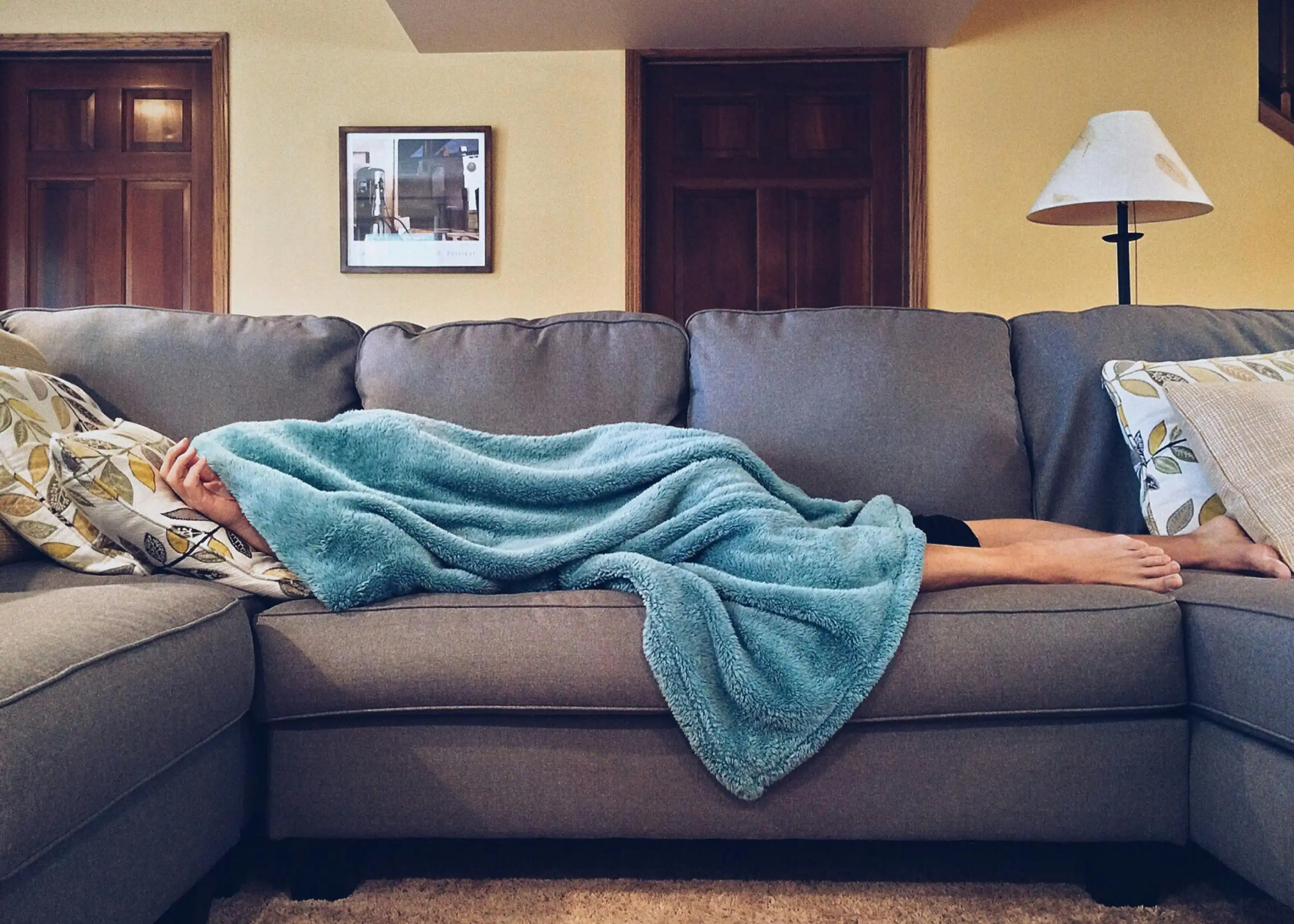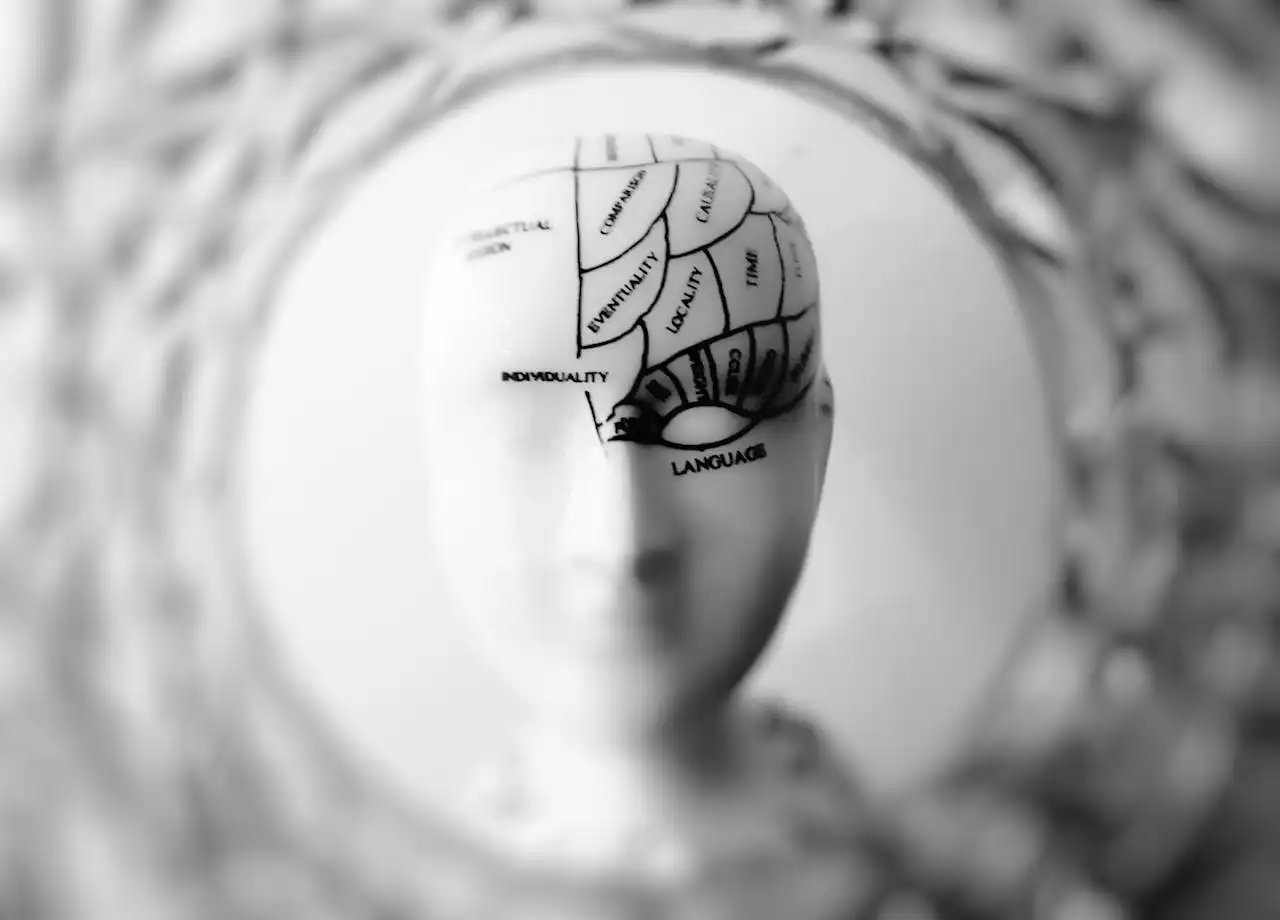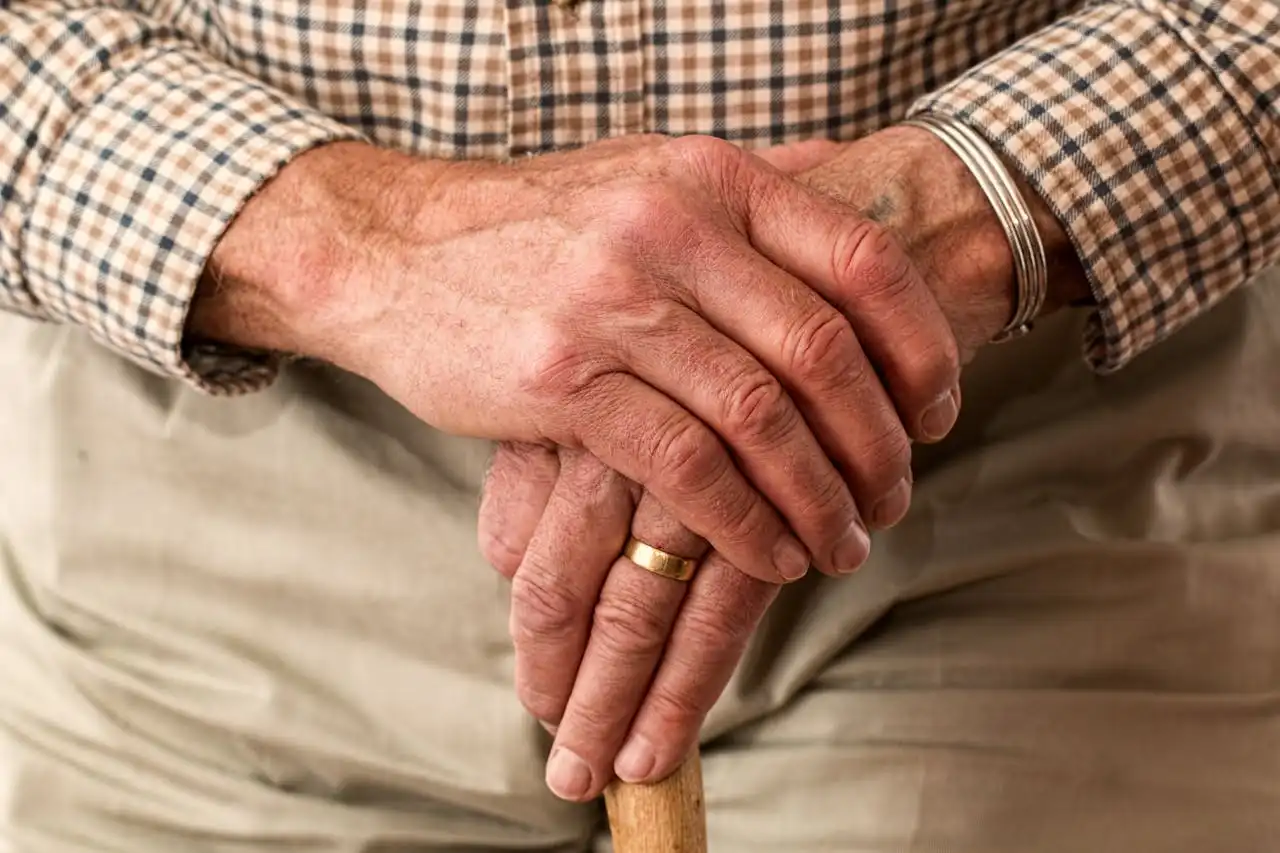The Sleep Revolution: Why Hitting Snooze Might Be Your Best Long-Term Investment
Muhe - Saturday, 12 July 2025 | 01:00 PM (WIB)


Beyond the Zzzs: What Really Happens When You Sleep?
So, what exactly is going on when you’re out cold? It’s far more than just resting your eyes. Think of sleep as your body’s nightly maintenance crew rolling in to do some serious heavy lifting. Your brain, for instance, isn't just chilling out. It’s working overtime, running through a sophisticated "wash cycle" called the glymphatic system. This is where all the metabolic waste products that accumulate during your waking hours, including those associated with Alzheimer's disease, get flushed out. It’s like a super-efficient car wash for your brain, and if you cut it short, things start to pile up. Then there’s the hormonal symphony. Sleep plays conductor to a whole orchestra of vital hormones. Ever notice how you crave junk food after a terrible night’s sleep? That’s not just in your head. Your ghrelin (the hunger hormone) goes up, and leptin (the satiety hormone) goes down. It’s a recipe for overeating and weight gain, making sleep a crucial, often overlooked, player in managing your weight. Cortisol, our stress hormone, also gets regulated during sleep. Chronic sleep deprivation means chronically elevated cortisol, which is basically a red flag for inflammation and a host of other bodily dysfunctions. And of course, melatonin, the sleep hormone itself, needs proper darkness and routine to do its job. It’s all interconnected, a beautiful, delicate dance that keeps you balanced. Your immune system? Oh, it’s having a field day. While you’re dreaming of flying or whatever weird stuff your brain conjures up, your body is busy producing cytokines, infection-fighting antibodies and cells. That’s why you’re more susceptible to catching every bug going around when you’re sleep-deprived. Missed sleep means a weaker defense, plain and simple. And let's not forget your grey matter. Sleep is where memories are consolidated, where new information gets properly filed away. If you’re pulling all-nighters, you’re essentially hitting "delete" on a lot of what you learned that day. It’s no wonder people feel like their brains are scrambled eggs after a few nights of poor sleep. Creativity, problem-solving, emotional regulation – all take a hit without adequate rest.The Long Game: Sleep's Impact on Your Future Self
The immediate effects of poor sleep are obvious: grumpy mood, slow reactions, a desperate need for coffee. But the real kicker, the one that should make us all sit up and pay attention, is the long-term damage. Chronic sleep deprivation isn't just an inconvenience; it significantly increases your risk for serious health conditions.- Heart Health: Consistently getting less than seven hours of sleep has been linked to higher blood pressure, increased risk of heart attack, and stroke. Your cardiovascular system needs that downtime to repair and regulate.
- Diabetes and Obesity: We already talked about ghrelin and leptin, but chronic sleep loss also impacts insulin sensitivity, making your body less effective at processing glucose. This can pave the way for type 2 diabetes and makes weight management an uphill battle.
- Mental Health: There's a strong, undeniable link between sleep deprivation and mental health issues. Anxiety, depression, and even a heightened risk of suicidal thoughts are all exacerbated by insufficient sleep. It’s a vicious cycle: stress impacts sleep, and lack of sleep makes you more stressed.
- Cognitive Decline: This is perhaps the scariest one. The brain’s "wash cycle" we mentioned earlier? If those waste products, like beta-amyloid proteins, aren't cleared out regularly, they can build up and contribute to neurodegenerative diseases like Alzheimer's. Prioritizing sleep now could literally be safeguarding your cognitive function decades down the road.
Joining the Revolution: Making Sleep Your Superpower
Okay, so we get it. Sleep is a big deal. But in our always-on world, how do we actually "revolutionize" our sleep habits? It's not about magic pills or some overnight transformation. It’s about a mindset shift and consistent, intentional effort. Think of it as leveling up your life, one good night's sleep at a time. Here are a few starting points, no-brainers that can make a huge difference:- Consistency is King (or Queen): Try to go to bed and wake up around the same time every single day, even on weekends. This trains your body’s internal clock, your circadian rhythm, to expect sleep.
- Dark, Cool, Quiet: Your bedroom should be a sanctuary for sleep. Make it as dark as possible (blackout curtains are a game changer), keep it cool (around 18-20°C is ideal for most), and minimize noise.
- Ditch the Screens: Blue light from phones, tablets, and computers tells your brain it’s daytime, messing with melatonin production. Give yourself at least an hour, ideally two, of screen-free time before bed. Pick up a book, listen to music, or just chill.
- Wind Down Ritual: Create a routine that signals to your body it’s time to power down. A warm bath, gentle stretching, reading, meditation – whatever works for you to decompress and relax.
- Watch What You Consume: Limit caffeine in the late afternoon/evening and alcohol close to bedtime. While alcohol might make you feel drowsy, it fragments sleep quality.

How to Relax Your Mind During the Weekend
6 months ago

ChatGPT's Compassionate Turn: How AI Is Learning to Handle Mental Health Crises Better
6 months ago

Coffee vs. Tea: The Morning Brew Showdown That's More Than Just a Cuppa
6 months ago

Cracking the Code: Your Guide to Taming Those Beastly Migraines
6 months ago

Fuel Your Supercomputer: Five Foods That Will Level Up Your Brainpower
6 months ago

Unlocking Your Inner Shield: Five Veggies That Are Basically Superheroes for Your Immune System
6 months ago

Your Secret Weapon for Weight Loss? It's As Simple As Putting One Foot in Front of the Other
6 months ago

Forever Young: The Secret to a Glowing, Timeless Life
6 months ago

Your Gut Feeling is Right: How to Feed Your Inner Universe for a Happier, Healthier You
6 months ago

Navigating Your Daily Grind: When Does Your Coffee Habit Cross the Line?
6 months ago
